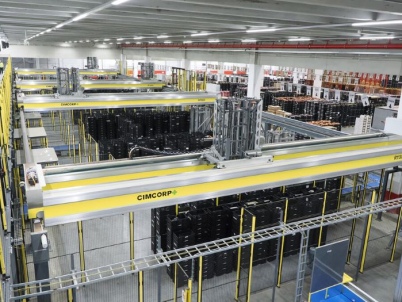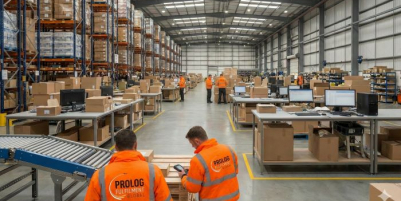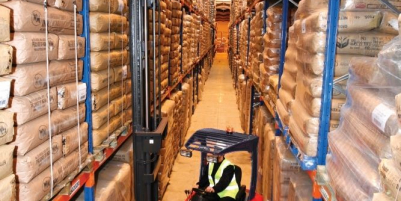-
Rite-Hite unveils new range of hydraulic kits to upgrade and extend dock leveller performance - February 19, 2026
-
REWE and Cimcorp automate fresh supply chain for Berlin supermarkets and stores - February 19, 2026
-
Q1 – A recovery period or time to fix, switch and scale? - February 19, 2026
-
NULOGY’S SHOP FLOOR SOFTWARE TO POWER COMPLETE CO-PACKING’SOPERATIONS - February 13, 2026
-
Why lead generation depends upon good content - February 13, 2026
-
Wallapop and Albatross Sign Strategic Partnership to Bring Real-Time AI Discovery to the Future of Consumer-to-Consumer Commerce - February 12, 2026
-
Thorworld ramp helps Hubergroup to streamline its unloading operation - February 6, 2026
-
TRACKER INNOVATION FROM QUECLINK TO BOOST STOLEN VEHICLE RECOVERY PERFORMANCE - February 4, 2026
-
Flexi Narrow Aisle hits 50! - January 29, 2026
-
DERRY BROS ATTRACTS RECORD NUMBERS OF FREIGHT CUSTOMERS SEEKING CUSTOMS SUPPORT - January 29, 2026
Figures released by the Office for National Statistics today show that exports to the EU fell by 40.7% in January 2021, equivalent to £5.6bn ($7.8bn) less trade with the bloc. Imports from the EU also suffered, declining by 28.8% or £6.6bn – with big declines in imports of cars, medicines and pharmaceuticals recorded. The declines are the biggest monthly falls in both imports and exports from the EU since records began in 1997.
James Coombes, CEO of vector.ai – a company that uses AI to give back time to workers who are burdened with customs paperwork – comments:
“The latest figures show the severe disruption that still exists in the supply chain as a result of Brexit. It’s been more than two months since the UK officially left the EU yet businesses continue to struggle to adapt to the new requirements. As a result, these businesses are experiencing long delays at ports and, in some cases, they are seeing perishable goods go to waste. This is damaging their business and, quite frankly, it’s killing business morale in the supply chain too.
Indeed the government has already responded to businesses’ concerns around cross-border trade with the opportunity for traders to apply for a grant of up to £2,000 each, which will help them pay for practical support for importing and exporting. These grants are expected to help businesses prepare for the extra import controls for food and agricultural products which come into force later this year. But this isn’t likely to be anywhere near enough.
If anything, the grant suggested is like applying a plaster to a wound. It doesn’t negate the fact that businesses still need to process the swathes of customs paperwork which demands hundreds – if not thousands – of employee hours. And, right now, there is a huge skills shortage that is yet to be filled. The government promised it would recruit 50,000 custom agents to help with post-Brexit paperwork but only 10,000 have been recruited so far. Our own customers are bearing the brunt of the increased form filling too. One freight forwarder has had to hire 40% more staff since the start of the year. For them, the £2,000 grant doesn’t even cover a fraction of the cost.
Businesses can’t be expected to just get on with it alone. We need to acknowledge the archaic processes that still exist in the supply chain which are slowing down trade. The Bill of Lading, for example, dates as far back as the late 1300s, yet is still widely used today. Yes, customs paperwork is vital, but there are ways to make the processing of this paperwork far easier and stress free – like using technology to automate the monotonous and manual data entry on forms.”

































